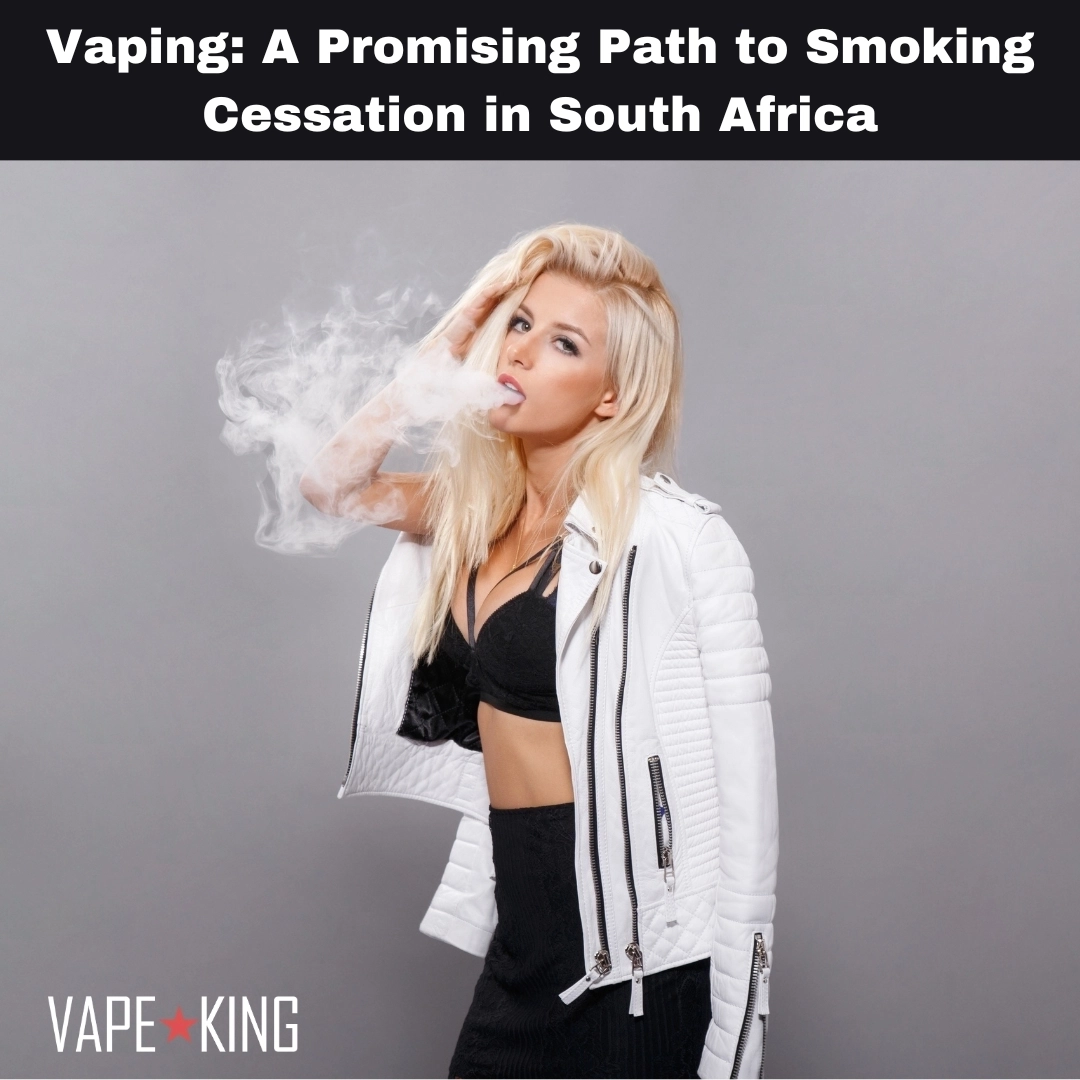Vaping: A Promising Path to Smoking Cessation in South Africa

South Africa, with 11.1 million smokers aged 15 and above, confronts a formidable obstacle in reaching its smoking cessation objectives. The absence of accessible public cessation services and products severely limits options, with only 3% to 5% achieving complete abstinence through conventional methods.
However, the 'Mzansi Make the Switch' initiative, a 12-week challenge orchestrated by consumer advocacy group Vaping Saved My Life (VSML), showcased vaping's potential as a harm reduction strategy. In this trial, smokers aimed to quit or reduce smoking by transitioning to vaping, with over half successfully forsaking cigarettes.
Among those who continued both smoking and vaping, 79% managed to curtail their cigarette intake and harbored optimism about quitting via vaping in the future. Encouragingly, all participants expressed their intent to recommend vaping as a harm reduction tool to smoking acquaintances.
Looking forward, 68% plan to persist with vaping, 18% intend to combine smoking and vaping, while only 14% opt to stick solely to smoking.
Harm reduction emerges as the guiding principle for smoking cessation success, with vaping positioned as a pivotal component in this endeavor, according to VSML co-founder Kurt Yeo. He underscores the importance of imparting accurate information to enable users to make informed choices.
While acknowledging the trial's limitations, Yeo stresses the significant health improvements reported by participants during the trial, advocating for vaping as a harm reduction method in South Africa.
Despite accumulating evidence supporting vaping as an effective smoking cessation tool, South Africa's Tobacco Products & Electronic Delivery Systems Control Bill fails to distinguish between vaping and smoking, overlooking substantial differences in risk profiles.
The 12-week trial equipped 36 smokers with vaping devices and support to transition away from cigarettes. Though some dropped out due to cost or satisfaction issues, persevering participants reported enhanced energy levels, improved breathing ease, heightened smell and taste perception, reduced coughing, and diminished chest pain.
While not scientifically exhaustive, the trial's outcomes align with ample scientific evidence favoring vaping as a top-tier smoking cessation method, urging South Africa to adopt global harm reduction strategies.
For instance, the UK's 'Swap-to-Stop' program furnishes free vapes to aid smokers in quitting, recognizing vaping's distinctiveness from smoking and advocating harm reduction.
The 'Mzansi Make the Switch' challenge illuminates a hopeful trajectory for South Africa, offering solace to millions striving to quit or reduce smoking. Vaping, when harnessed as a harm reduction tool, showcases its capacity to profoundly elevate public health and combat the persistent smoking scourge.
It's high time for South Africa to acknowledge the potency of harm reduction and differentiate vaping from smoking in its regulatory framework.
No posts found
Write a review


